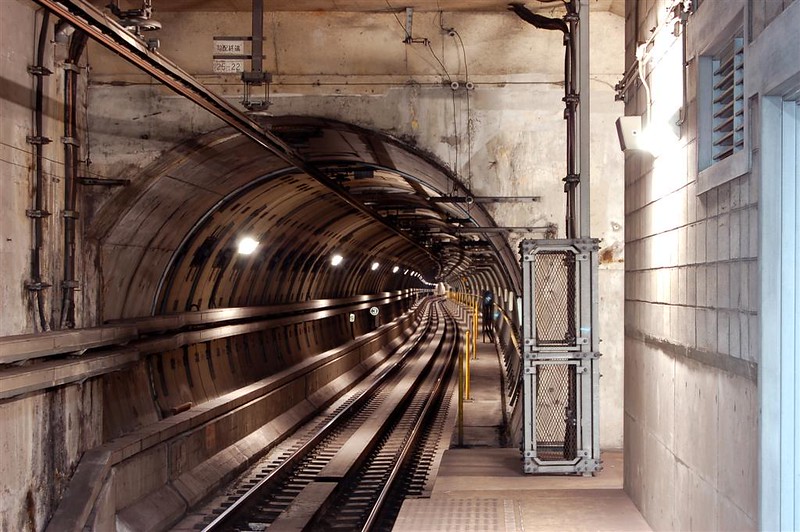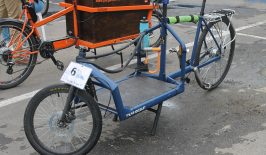A key feature of cities around the world, underground public transport systems are just waiting to be made more sustainable. Researchers in Switzerland have just conducted a breakthrough study – on the back of decades of research – which could see cities harnessing the warmth from metro tunnels to heat local homes.
During the cold months of winter, every city-dweller knows the relief of ducking into an underground station to be met with a welcome gust of warm air from below. It’s not just being sheltered from biting winds, or being closer to the ground’s natural warmth: trains pulling in and out of stations create heat that lingers in tunnels and diffuses out of the entrances. But what if that heat were to be captured and reused? Researchers in Switzerland have found answers to that question in a recent study claiming that thermal energy from public transport might be repurposed for heating and cooling apartments year-round.
A transport system with promise
You might know Lausanne, Switzerland as the capital of the Olympic games, but it has another claim to fame – with a population of 138,000 and a metro system of only 28 stations, it’s “the smallest city in the world to have a rapid transit system.” And when its future metro line (M3) is built, it may become the first city in the world to have a transit system capable of recycling its own waste heat.
While it’s not hard to understand that trains create heat by braking and accelerating, it has proved difficult to calculate the exact amount of thermal energy transferred from train to station. But researchers at Lausanne’s EPFL Institute have discovered how to measure the convection heat transfer coefficient of that process – and with that data, they can project how much energy would be saved by capturing the surplus heat in the planned M3.
High impact; low maintenance
The numbers are promising: researcher Margauz Peltier says reusing that secondary heat in place of gas-fired heating could “cut the city’s CO2 emissions by two million tons per year.” That’s the annual CO2 equivalent of more than 385,000 passenger vehicles; or the energy requirements of 217,000 homes, according to the Environmental Protection Agency. At least 1,500 local 80m2 apartments could be heated by engineering just half the tunnel’s surface area. Like a refrigerator, the system would use heat-transfer fluid to circulate either hot or cool water, depending on the season. This would not only cater to 80% of the city’s domestic heating needs in winter, but also its cooling needs in summer. And the heat could also be stored, expanding the possibilities for its reuse.
The new system is not particularly complex to build into new tunnels, nor would it have high costs to maintain. Though it’s yet to be applied on a large scale, the study’s authors say the technology is “mature” enough to be rolled out and put into practice city-wide. Additionally, its low-maintenance, long-life functionality makes it a persuasive solution. Now the onus lies on local companies to back the project and fund its implementation.
The project is not the first to consider tunnels as a source of shallow geothermal energy, but previous cases have not expanded beyond the test phase. Examples include the U6 metro in Stuttgart; the U2 in Vienna; as well as tunnel sections in Jenbach, Austria and in Torino, Italy. According to the EPFL, this new research “paves the way for innovative applications involving so-called energy tunnels that can supply energy to built environments.”
More thermal innovation in cities
It’s exciting to see the growing list of projects focusing on thermal innovation in everyday, urban contexts. To name a few examples in Europe alone, Swedish company Enjay uses waste heat from restaurants to heat and cool buildings; Stimergy plans to heat a Parisian pool with secondary heat from a 3D animation studio; and Danish company Refarmed is using the excess heat from a shopping centre to grow food on the roof.
Despite their satisfying originality, however, these projects are working on a smaller scale. A heat-recycling M3 would have a much greater impact in terms of cutting CO2 emissions – and considering how many metro tunnels around the world could be engineered like this, the potential impact is huge. Let’s hope the Swiss city can be a beacon not just for the Olympics, but for geothermal innovation, too!






